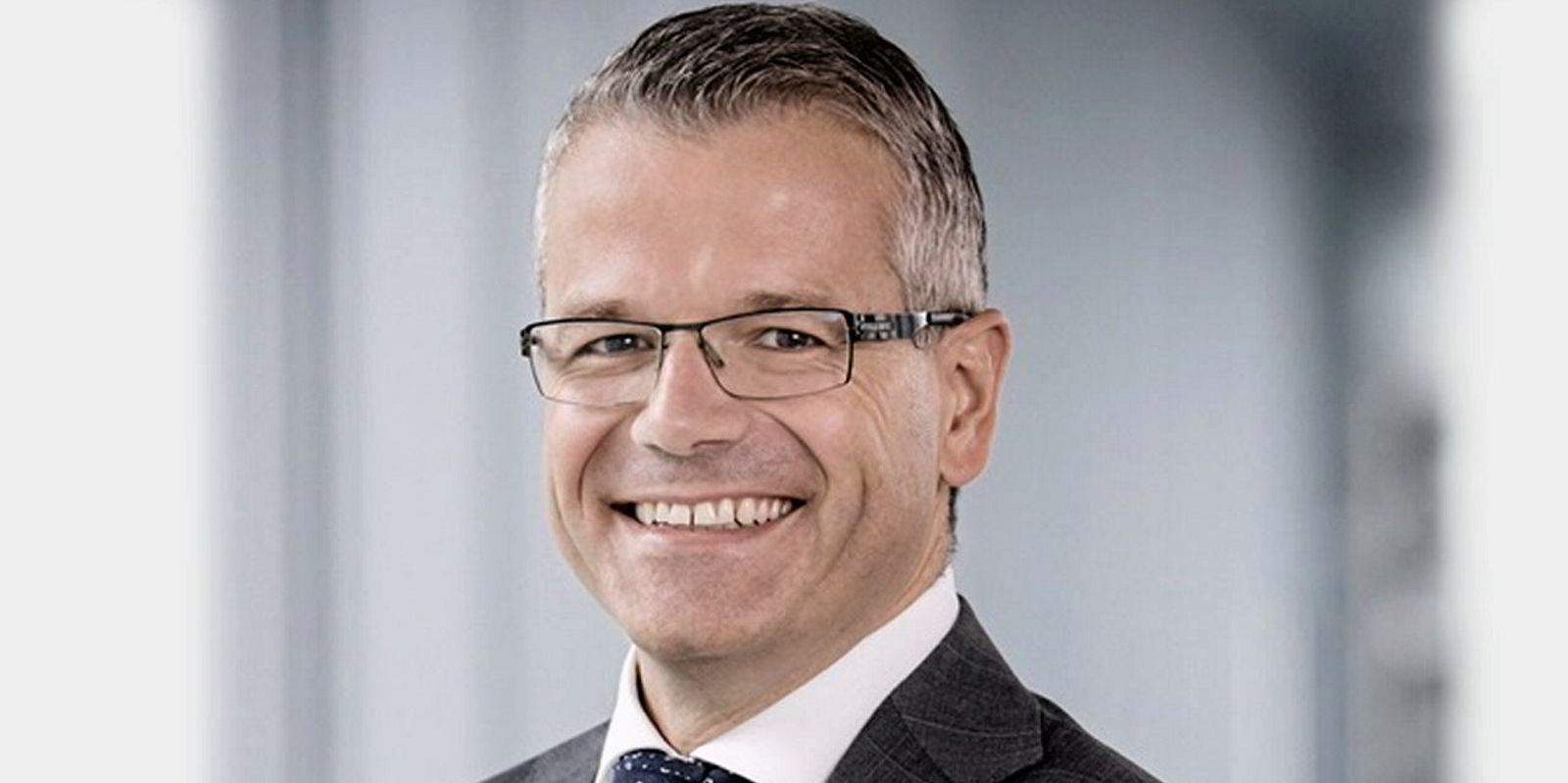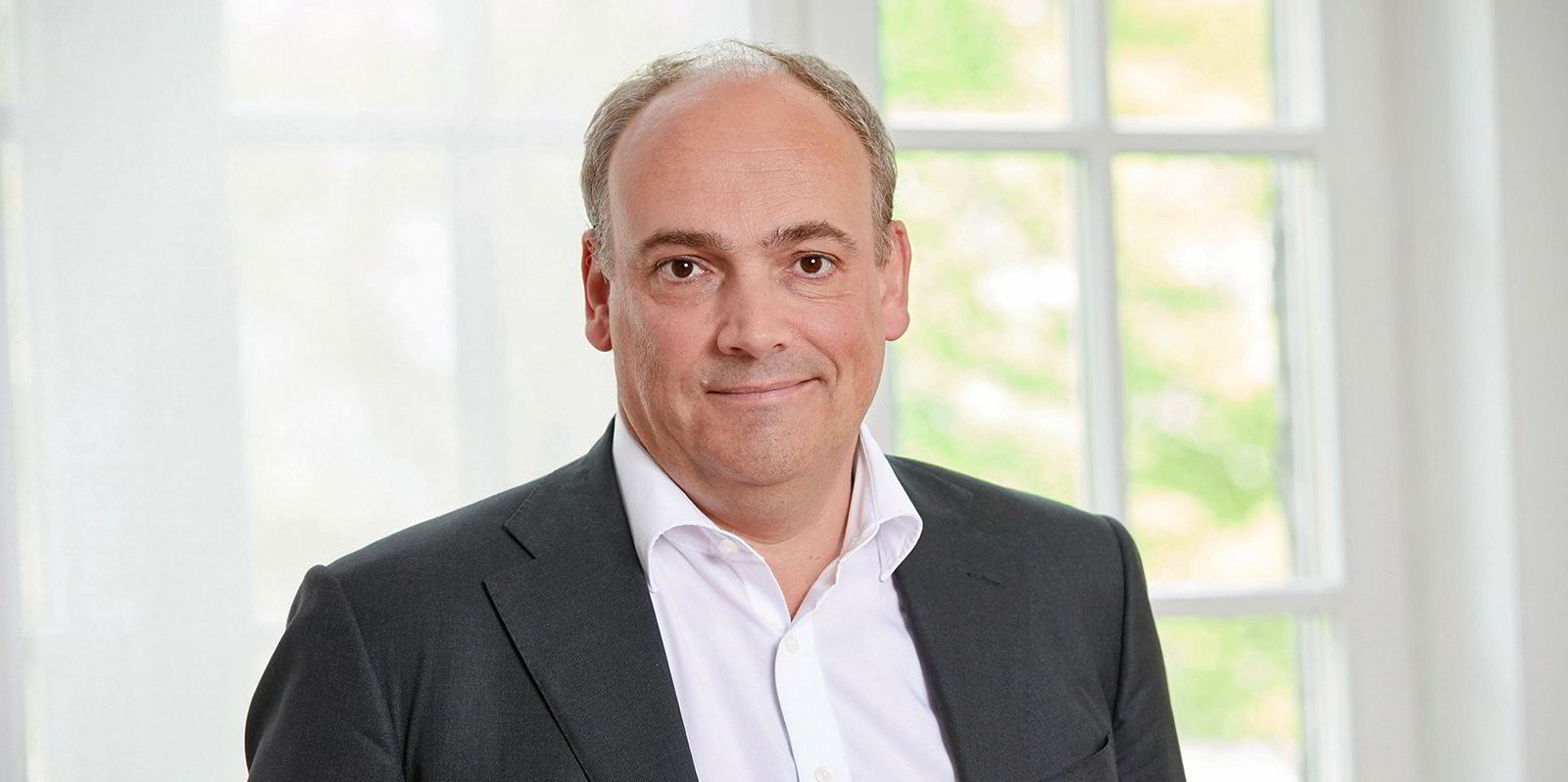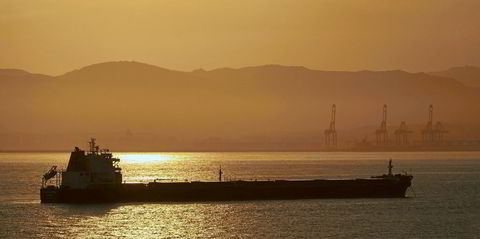Container shipping giants AP Moller-Maersk and Hapag-Lloyd have set up a new cooperation deal to replace the 2M alliance.
The Gemini Cooperation will start in February 2025, the companies announced in a joint statement on Wednesday.
“Teaming up with Maersk will help us to further boost the quality we deliver to our customers. Additionally, we will benefit from efficiency gains in our operations and joint efforts to further accelerate the decarbonisation of our industry,” Hapag-Lloyd CEO Rolf Habben Jansen said.
The new alliance will have a pool of 290 ships with a combined capacity of 3.4m teu. Maersk will deploy 60% of the capacity and Hapag-Lloyd 40%, the companies said.
“We are pleased to enter this cooperation with Hapag-Lloyd, which is the ideal ocean partner on our strategic journey.
“By entering this cooperation, we will be offering our customers a flexible ocean network that will be raising the bar for reliability in the industry.
“This will strengthen our integrated logistics offering and meet our customers’ needs,” said Vincent Clerc, CEO of Maersk.
Maersk and Hapag Lloyd are the world’s second and fifth-largest liner companies, respectively.
Hapag to leave THE Alliance
Their decision to form a new alliance is a further shake-up of the global liner shipping scene, as it impacts two existing liner alliances.
The German and Danish liner giants plan to establish Gemini Cooperation just one month after the dissolution of the 2M Alliance.
Maersk and MSC Mediterranean Shipping Co (MSC) announced that the 2M alliance will be disbanded in January 2025.
As a consequence of joining this cooperation, Hapag-Lloyd will leave THE Alliance end of January 2025.
German carrier currently operates as a partner in THE Alliance with Japan’s Ocean Network Express (ONE), Taiwan’s Yang Ming Line and South Korea’s HMM.
The two companies will this year carefully plan the transition from their current alliances to the new operational cooperation.
Concurrently, service to customers will continue along existing agreements.
The goal is to deliver schedule reliability of above 90% once the network is fully phased in.
Both companies are committed to the decarbonisation of their fleets with Maersk aiming for net-zero in 2040 and Hapag-Lloyd in 2045.






